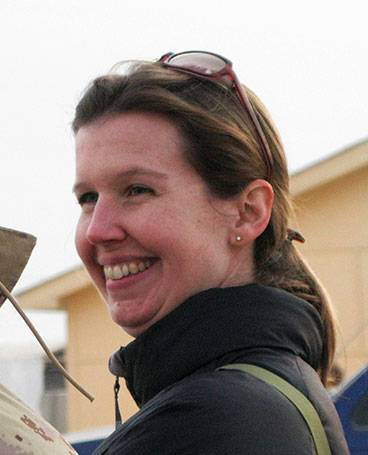
I’ve never worked in a war zone, the way some from Canada have. I’ve never pursued the crime beat so seriously as to encounter violence face-to-face. I’ve never been physically assaulted while carrying out my work as a journalist. The closest I’ve come to confrontation occurred back in the 1980s, when an oil company representative trying to keep the physical and media lid on a drilling-rig blowout in the Alberta oil patch, told me to remove myself from their property.
“Leave,” the company spokesman said, “or I’ll have you arrested!”
I left temporarily, but I’ve always swallowed hard thinking what I might have faced – handcuffs, the cage inside of a police cruiser, a night in jail – if the Amoco rep had succeeded in having me hauled away for doing my reporting job. But arrest or jail for reporting or commenting on public affairs is mild compared to what happened last week.
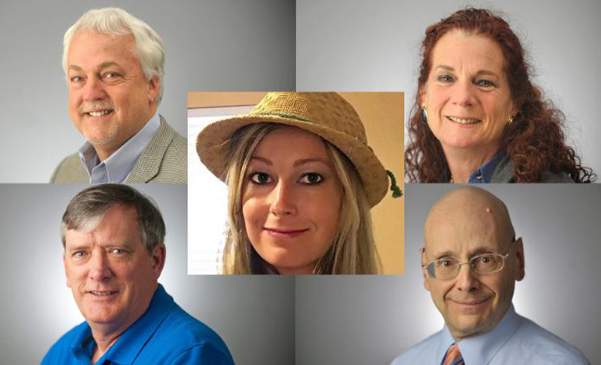
I don’t imagine reporter John McNamara, sales assistant Rebecca Smith, news editor Rob Hiaasen, publications specialist Wendi Winters or editorial writer Gerald Fischman – all employees of the Capital Gazette newspaper ever thought they’d be shot because of their occupations. But they were by a man who barricaded the back door of the newspaper office in Annapolis, Maryland, last Thursday, and began shooting to kill. They died for being journalists.
They are not the first, and I fear not the last, particularly in a world largely governed by dictators, autocrats, and presidents, the nearest of whom in the U.S. attacks free press journalists as “liars” and deligitimizes their reporting as “fake news.” In case you’ve forgotten the names and stories of Canadian journalists attempting to find, report and write about the truth in more hazardous territory than North America, remember Michelle Lang.
Without formal journalism training, she wrote her way up from a community newspaper to the Calgary Herald covering, among other things, Alberta’s health-care system, and won a national award for her journalism. Michelle was killed in 2009, when the military vehicle in which she was riding hit an improvised explosive device in Afghanistan.
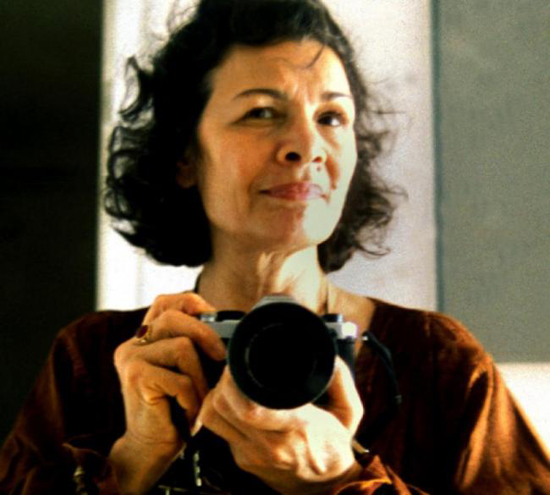
Canadian citizen Zahra Kazemi worked as a freelance photojournalist in the Middle East too. She covered the American occupation of Iraq, then in 2003 travelled to her native Iran where she photographed Iranians attempting to learn the fate of family members held in an Iranian prison; she was kidnapped and, according to a medical examiner, interrogated, tortured and allowed to die of her wounds.
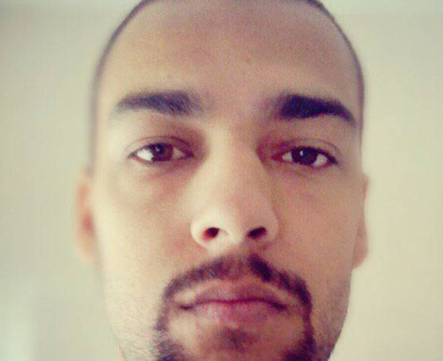
Covering the civil war in Aleppo, Syria, Toronto-based photojournalist Ali Mustafa stopped to attend to a civilian during a bomb strike by the Assad government in 2014; he was killed in a second bombing attack.
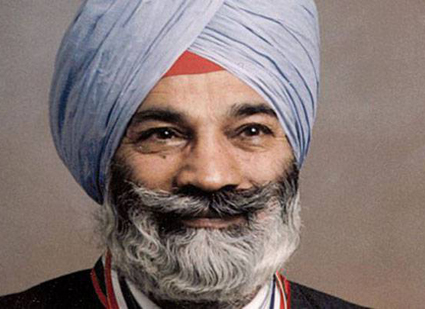
And even earlier, Tara Singh Hayer came from South Asia to Canada in the 1970s to eventually found the Indo-Canadian Times, a Punjabi language newspaper in B.C. In 1985, at the time of the Air India bombing, he criticized the ruling government in India and Sikh militant groups in his newspaper. He survived a bomb explosion outside his office that left him paralyzed, but was then shot execution-style in 1998.
Occupational hazard, you say? Not if you believe in the Canadian, American or other constitutions of the world’s democratic nations. Section 2b of the Canadian Charter of Rights and Freedoms (of 1982) states that all Canadians have the right to “freedom of thought, belief, opinion and expression, including freedom of the press and other media of communication.” Meanwhile, the very first amendment to the U.S. Bill of Rights (of 1791) guarantees “freedom of the press.”
I think it’s appropriate, in this column that I write out of respect for my peers in an honourable profession, to absorb the words of Gerald Fischman, killed in last week’s shootings. In a column he wrote exactly two years before, he commented on the mass shooting in Orlando, Florida.
“Anger is appropriate,” he wrote on June 14, 2016. “Should we be angry with the hate spewed by terrorist groups and outlaw states in the Middle East? Yes. Should we be angry at hate spewed by domestic groups that don’t like an idea, a belief or how someone chooses to live or who they love? Yes. Should we be angry at the easy accessibility of the AR-15, a weapon of choice for anyone with mass casualties on their mind? Yes. Should we be angry at the failure of our elected leaders to reach agreement on steps to prevent another Orlando? Yes.”
Last Thursday afternoon, Mr. Fischman was fulfilling his commitment as an editorial journalist and was shot at his desk in the Capital Gazette building in Annapolis, Maryland, for doing so. As he concluded in his column of June 14, 2016:
“Of all the words this week, hopelessness may be the most dangerous. We must believe there is a solution, a way to prevent another mass shooting. … Without hope [those] behind the guns have ultimately killed us all.”